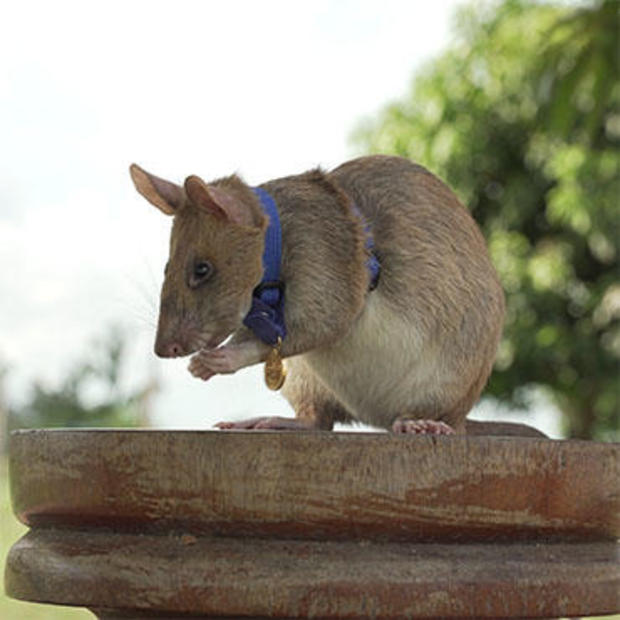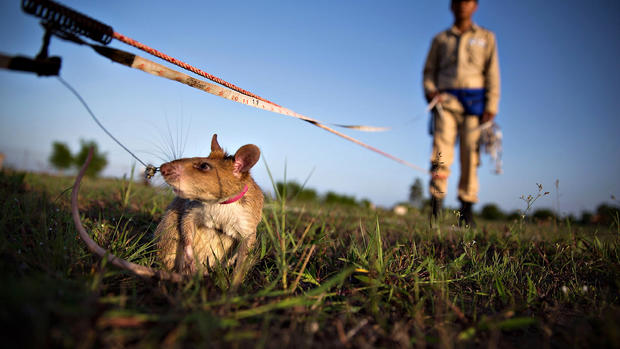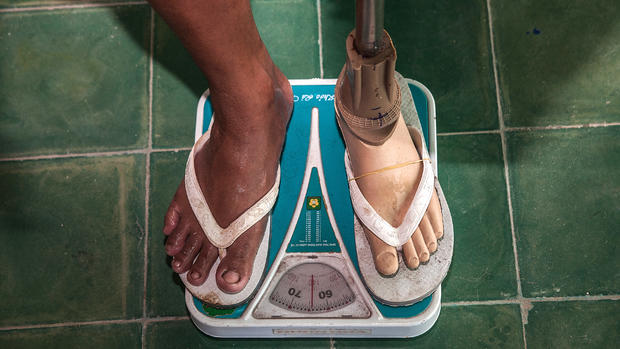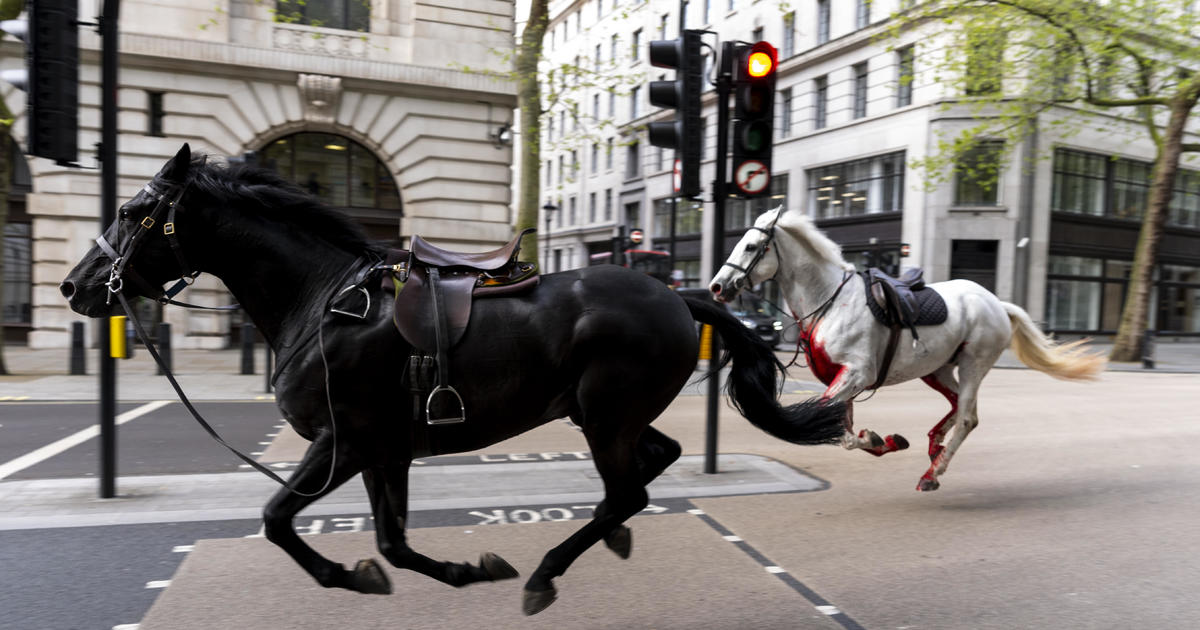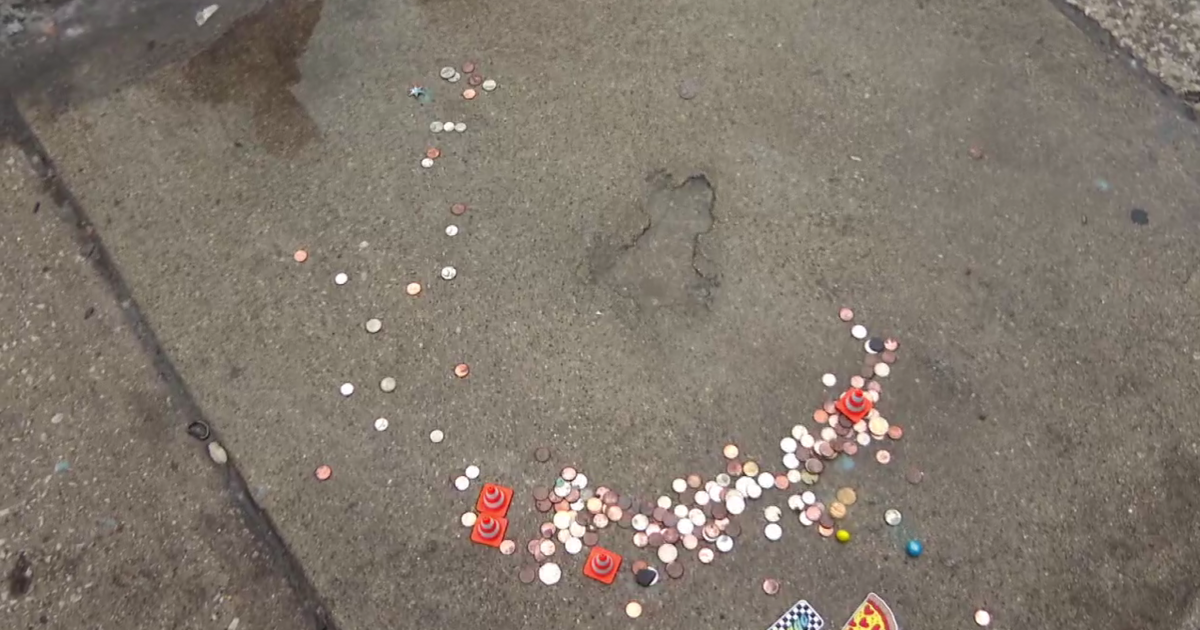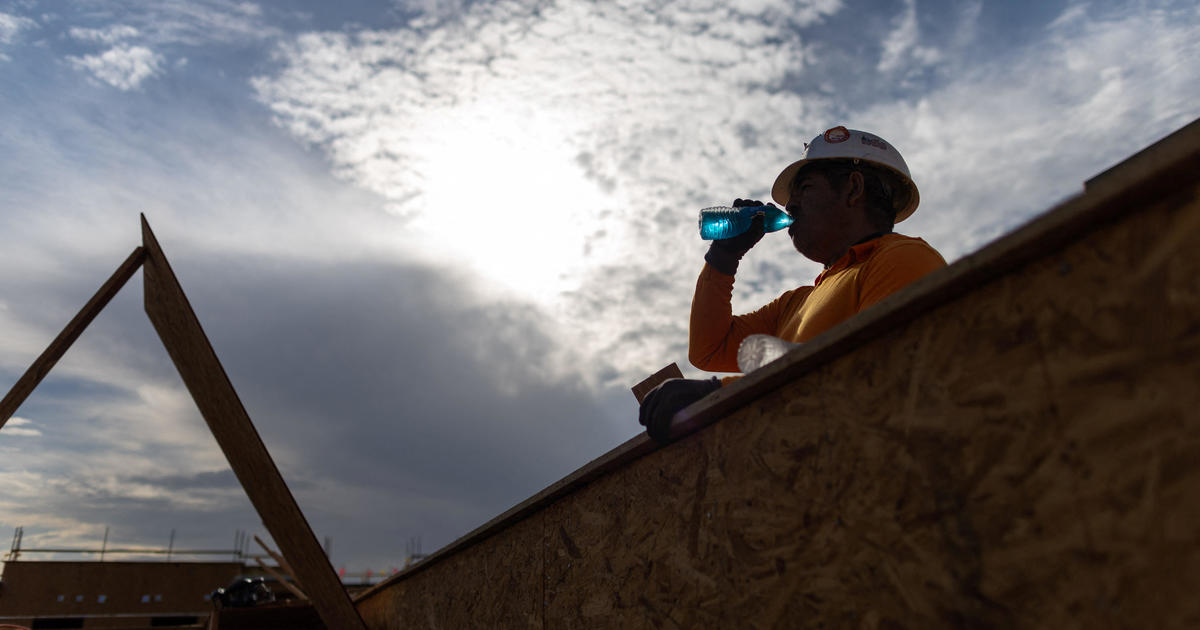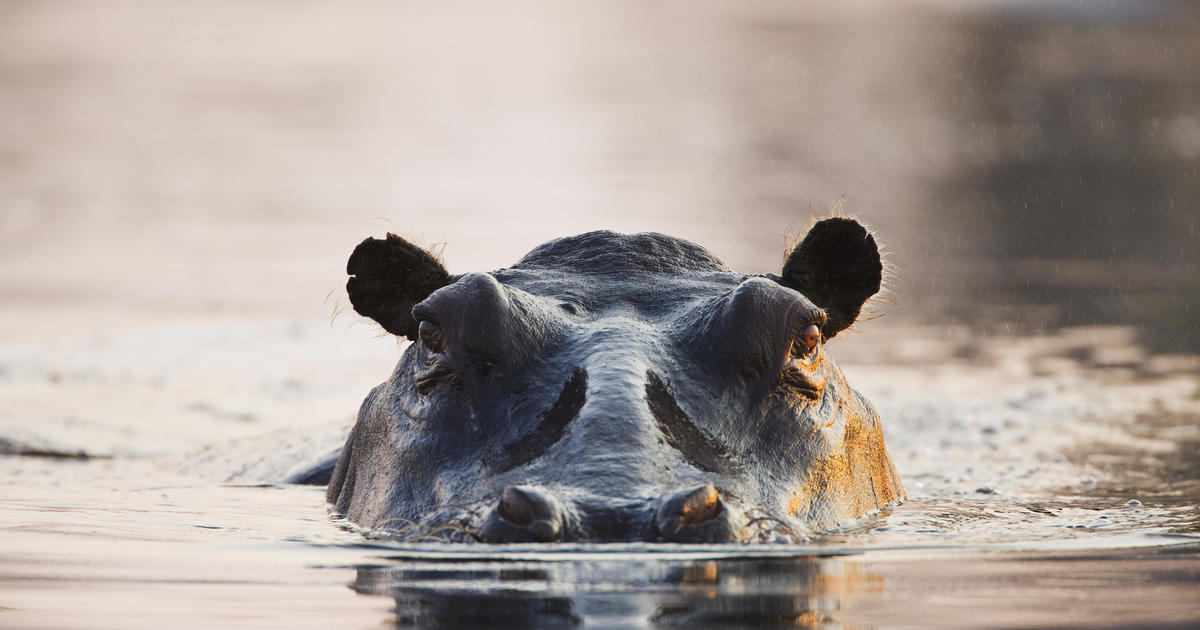"Hero rat" awarded animal bravery medal for sniffing out dozens of landmines in Cambodia
A rat named Magawa has been given an animal bravery award for sniffing out dozens of landmines in Cambodia. Magawa received a gold medal from the People's Dispensary for Sick Animals (PDSA), a veterinary charity in the United Kingdom, on Friday, making him the first rodent in the nonprofit's history to earn the distinction.
Magawa, an African giant pouched rat, has detected 39 landmines and 28 items of unexploded ordnance to date, according to PDSA. During his seven-year career, he helped clear more than 141,000 square meters of land – or the equivalent of 20 soccer fields. For every landmine Magawa finds, "he saves a life," PDSA said.
PDSA Director General Jan McLoughlin lauded Magawa for his work, calling him a "hero rat" in a virtual presentation of the medal.
"The PDSA Animal Awards programme seeks to raise the status of animals in society and honour the incredible contribution they make to our lives," McLoughlin said in a statement. "Magawa's dedication, skill and bravery are an extraordinary example of this and deserve the highest possible recognition."
Magawa is the 30th recipient of the PDSA Gold Medal, and the first non-canine to receive it.
APOPO, which stands for Anti-Persoonsmijnen Ontmijnende Product Ontwikkeling in Dutch, or Anti-Personnel Landmines Removal Product Development in English, is a non-profit based out of Tanzania that trains rats like Magawa to find landmines. The rats, who the organization refers to as HeroRATS, are the only animals that can safely detect landmines because of their light weight and sense of smell.
They're also much faster than humans at finding the landmines. PDSA said Magawa can search an area of a tennis court in 30 minutes, which could take a human with a metal detector up to four days.
"When Magawa detects a landmine by the chemicals used in it, he signals to his handler. They know that where Magawa signals is the exact location because his sense of smell is so good, and so can dispose of the mine safely," PDSA said.
Magawa's efforts help local communities work and live without fear of losing a limb.
According to the PDSA, there are 80 million landmines in the world that are active and unknown. About four to six million were laid in Cambodia alone in the 1970s and have caused 64,000 casualties. The Southeast Asian nation has the highest number of mine amputees per capita in the world, with over 40,000 people.
Christopher Cox, CEO and co-founder of APOPO, thanked PDSA for attention to the cause.
"For us, it is very important that PDSA brings the landmine programme to the attention of the wider public because landmines still terrorise the lives of so many Cambodians and other people all over the world," Cox said. "We hope that we can solve the landmine problem in the next five to ten years, but it needs the engagement and the support of the wider public."
